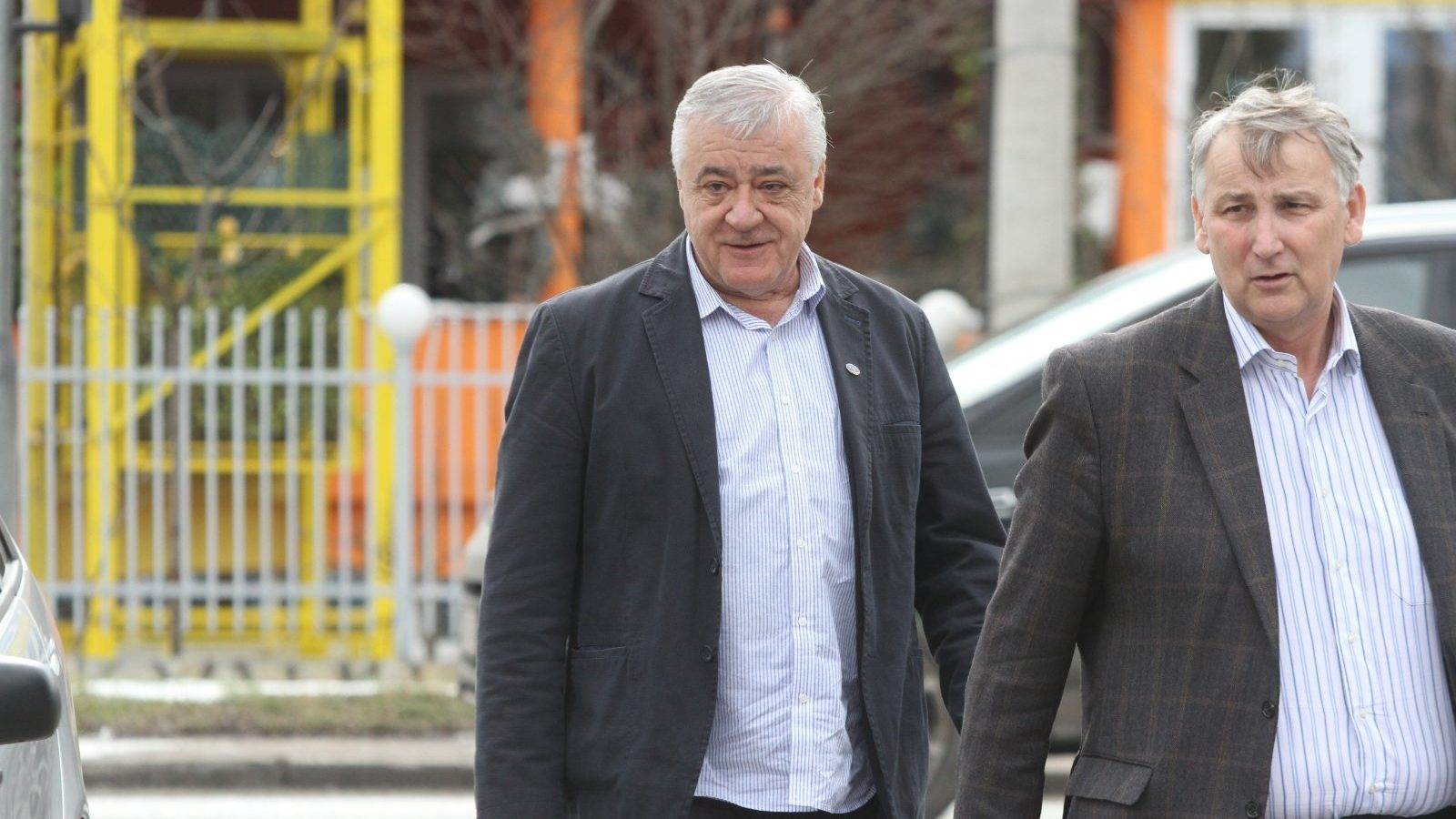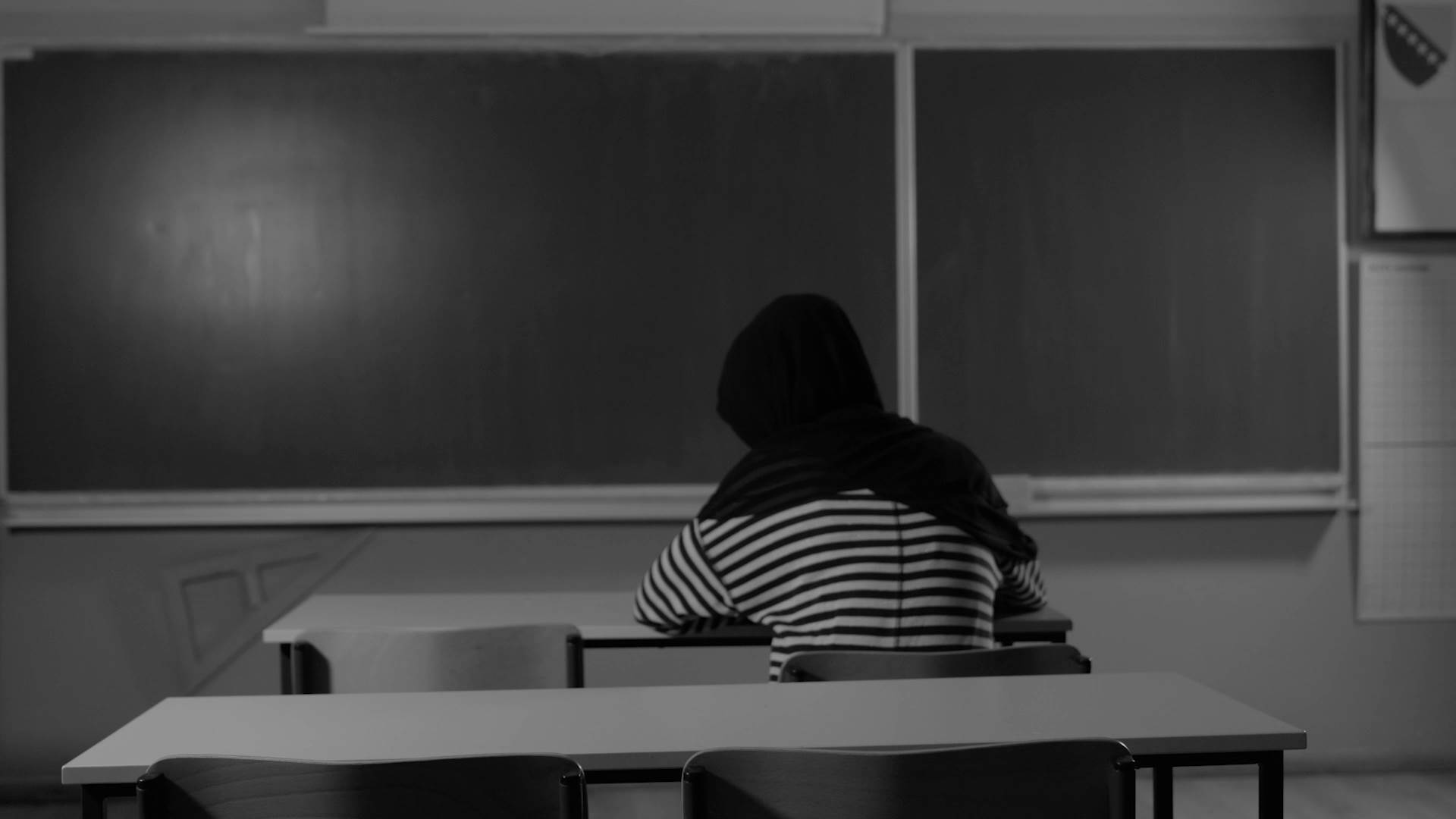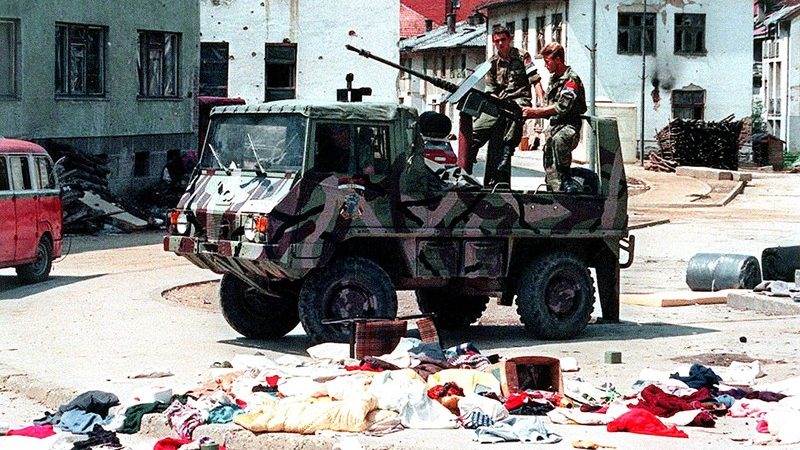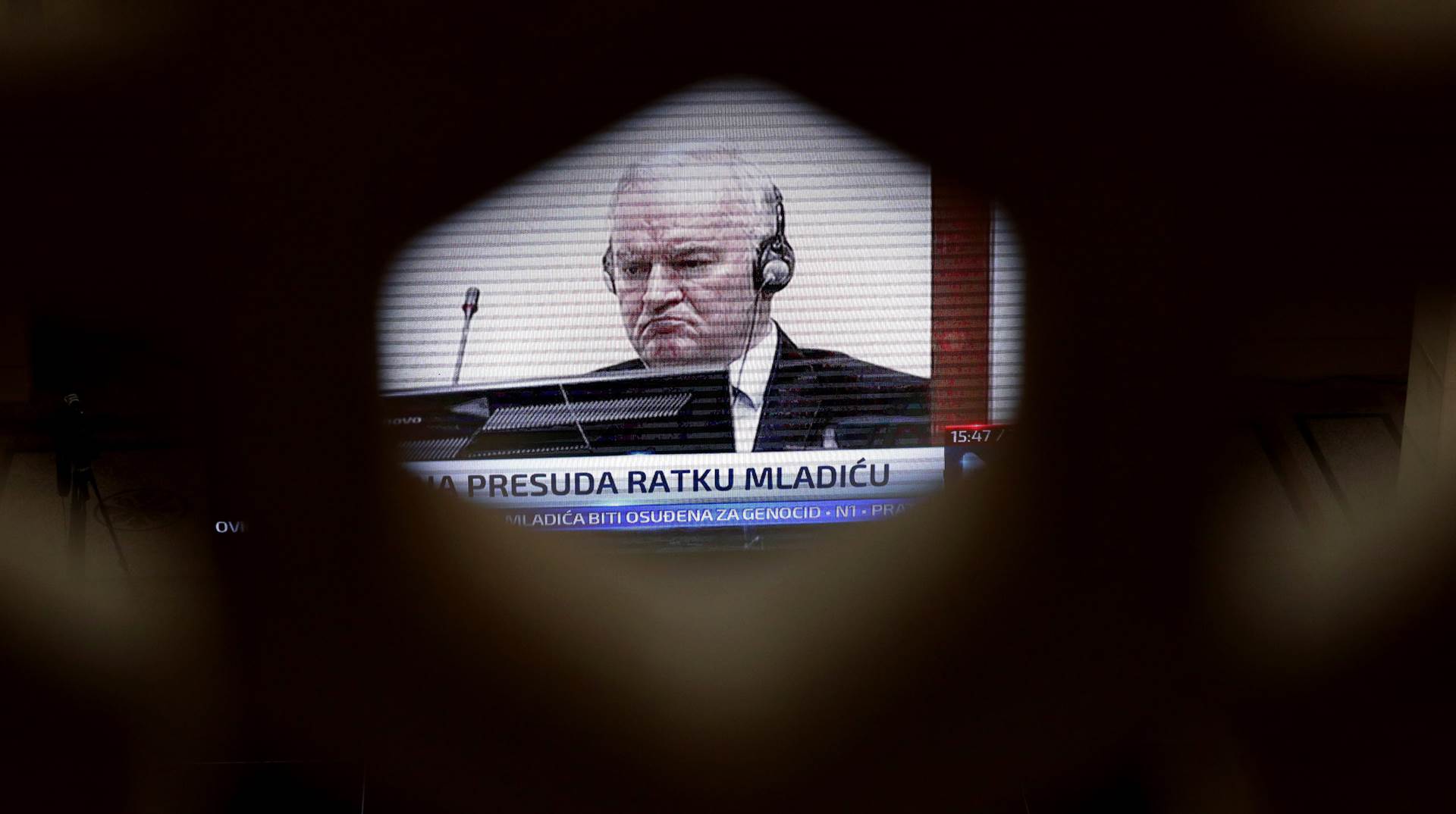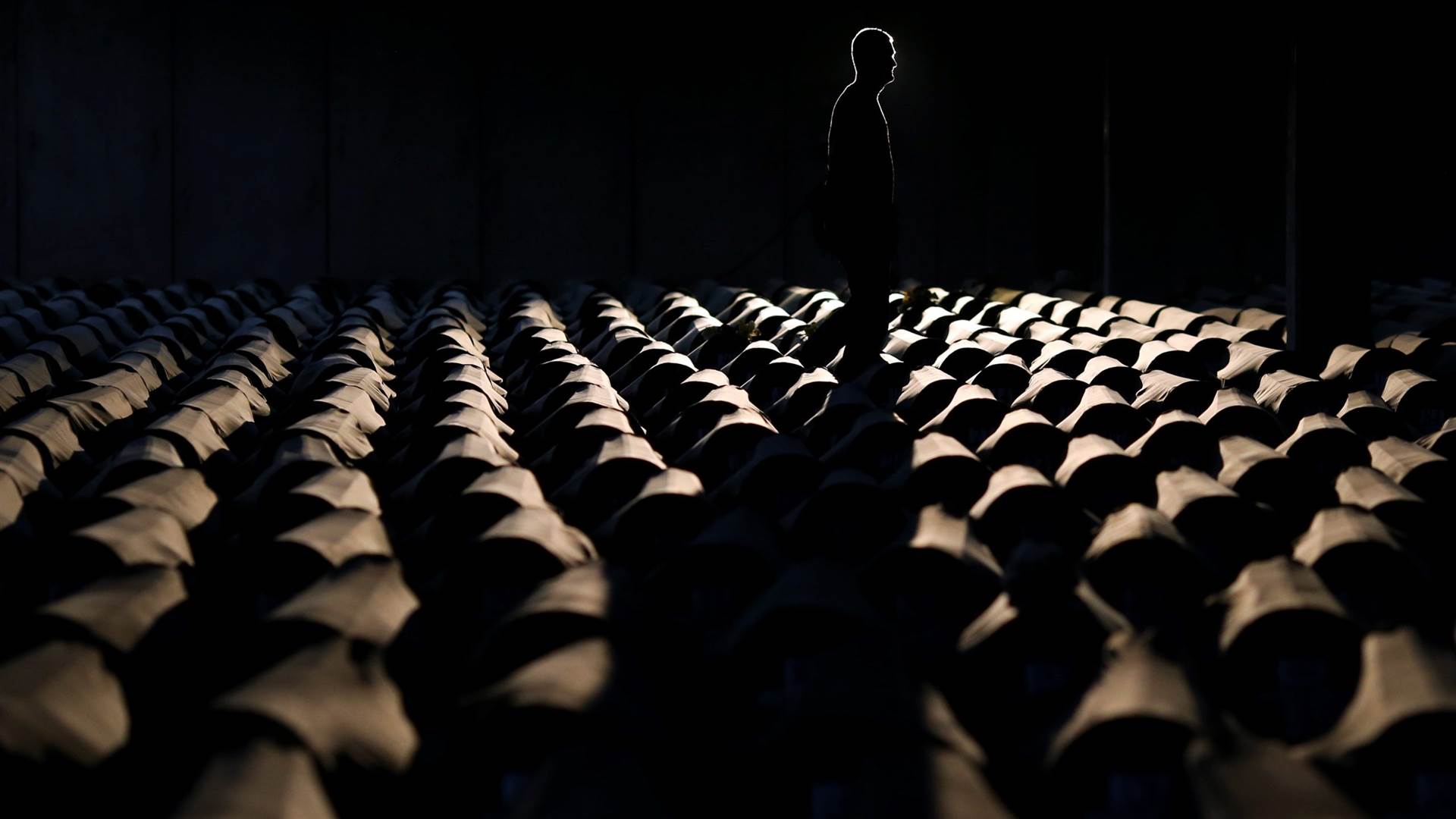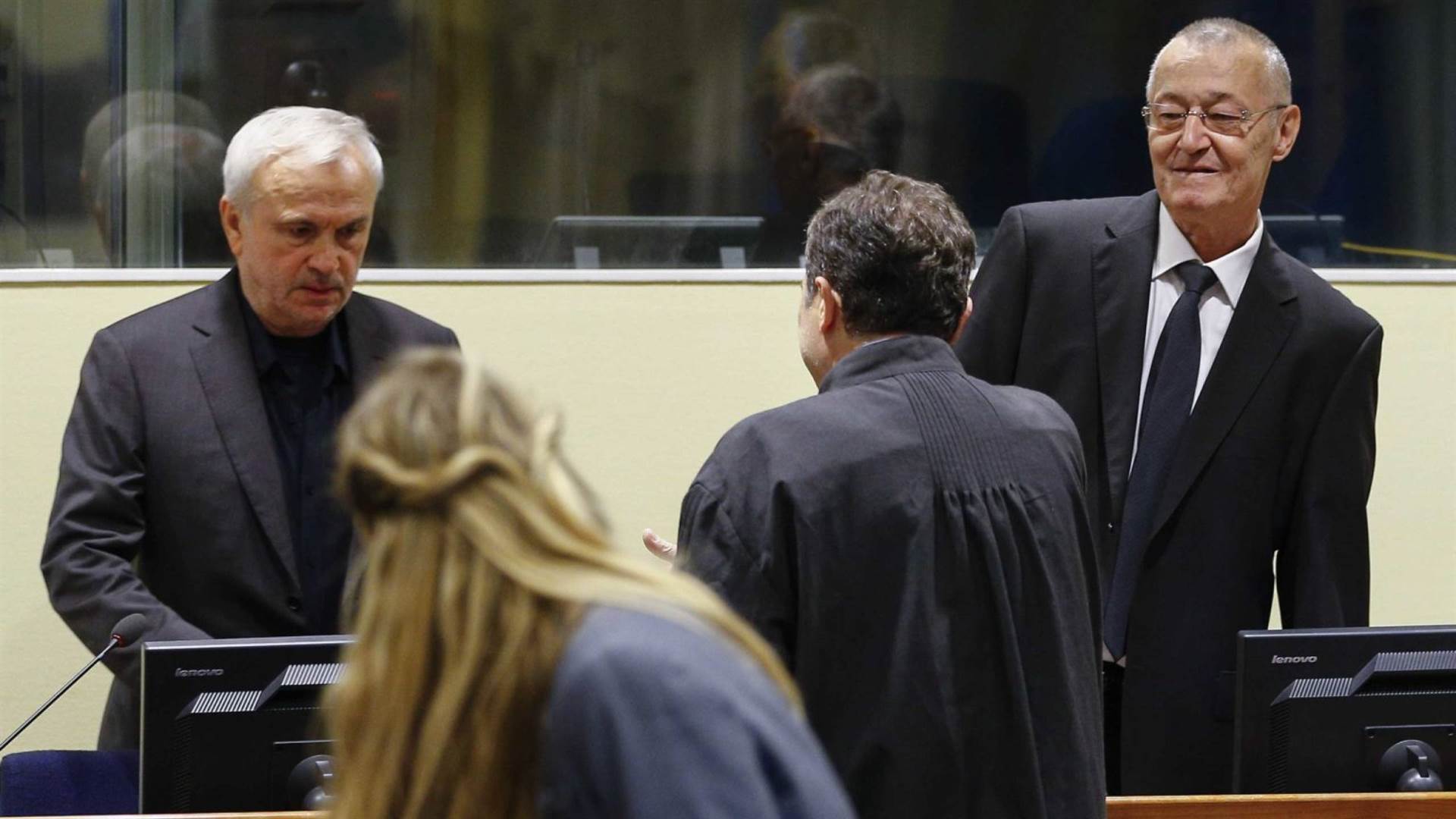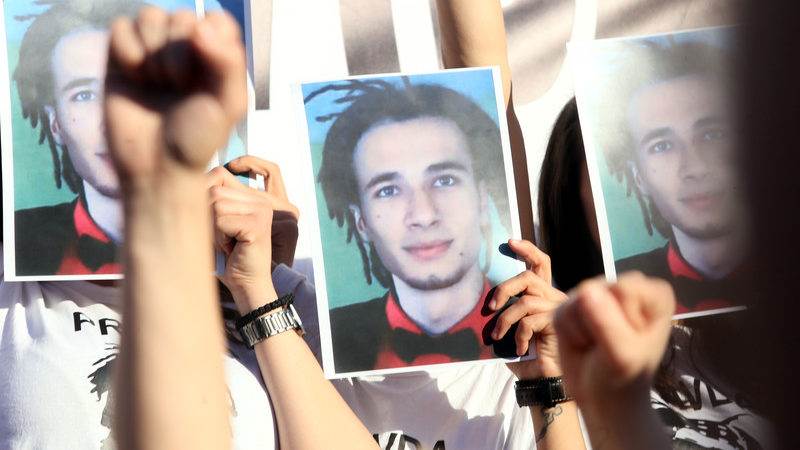Years after the 1990s wars, Bosnia and Herzegovina, Croatia and Serbia have continued to slowly prosecute wartime crimes – but with increasing numbers of ageing suspects falling ill or dying,...
The disappearance of Bosnian Serb Army general Milomir Savcic, who is on trial for assisting the Srebrenica genocide, is the latest in a series of incidents in which war crimes...
Experts say that the radicalisation of minors is becoming an increasingly challenging problem for Bosnia and Herzegovina, as schools lack the expertise and resources to tackle it and the authorities’...
A report by a Bosnian Serb-funded commission has claimed the Srebrenica massacres were not genocide and most victims were not civilians – but some of its controversial assertions are contradicted...
The decision by the UN court in The Hague last month to uphold the life sentence handed down to former Bosnian Serb military chief Ratko Mladic takes the number of...
Bosnian and Serbian companies provided heavy machinery, buses and trucks that were used during the Srebrenica deportations and massacres in July 1995 and the subsequent cover-up operation, but none of...
BIRN has identified at least 20 Twitter accounts that actively dispute the international court classification of the 1995 Srebrenica massacres as genocide. Their denial of the crime frequently goes unchallenged.
War survivors in Bosanski Samac still remember the brutality of Serbian State Security fighters deployed to their town in 1992, where they committed crimes that eventually led to landmark convictions...
In less than two years, the Banja Luka police has filed at least 160 charges against activists seeking justice in the Dragan Dragicevic case – which experts see this as...


